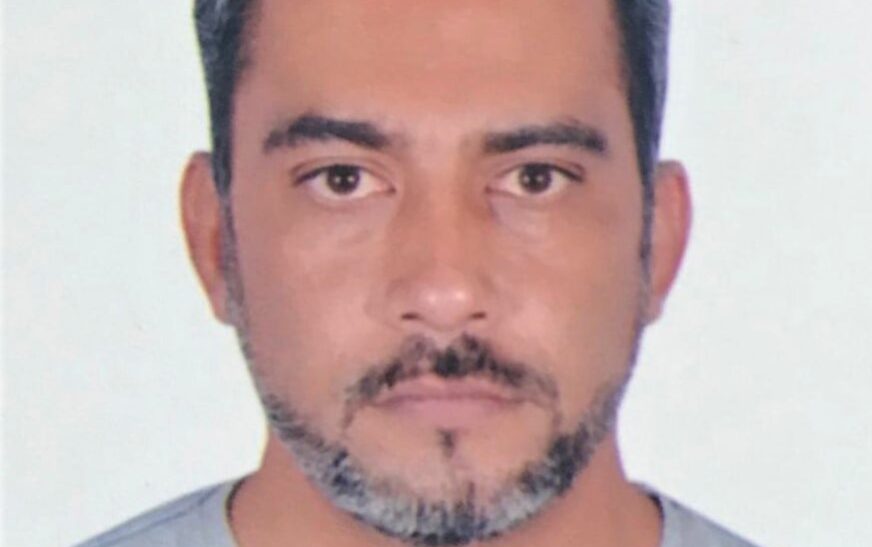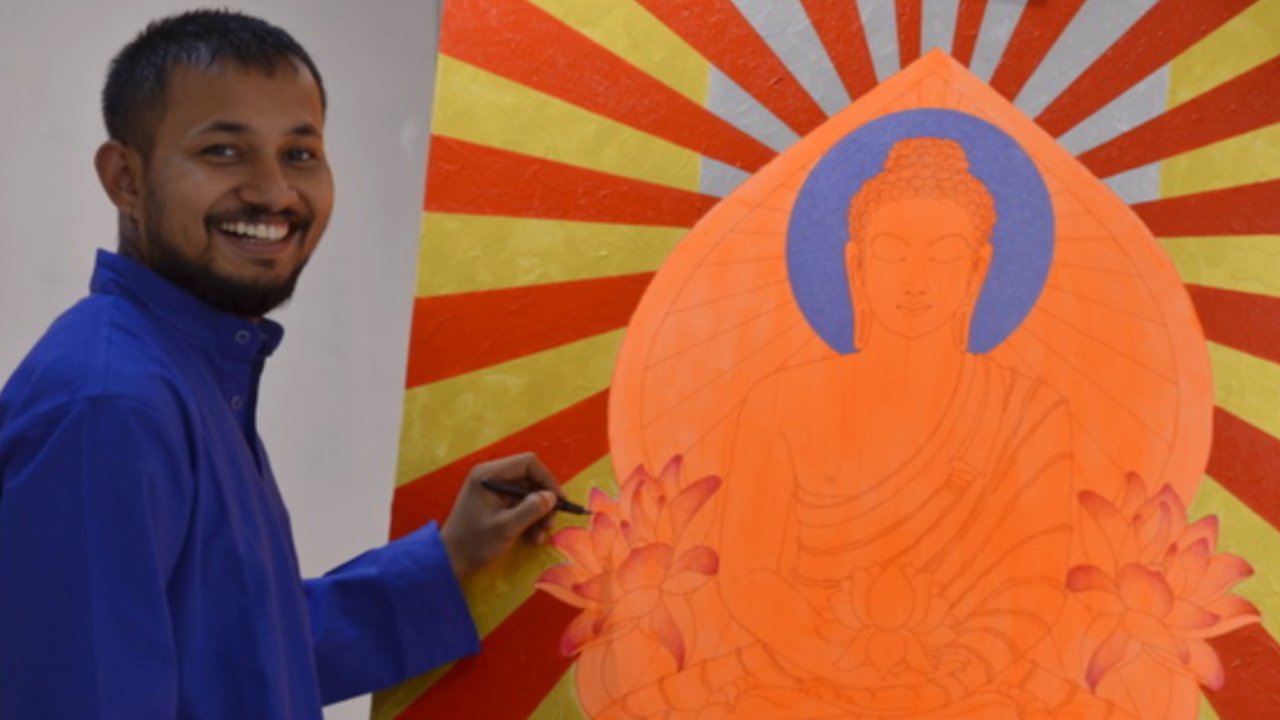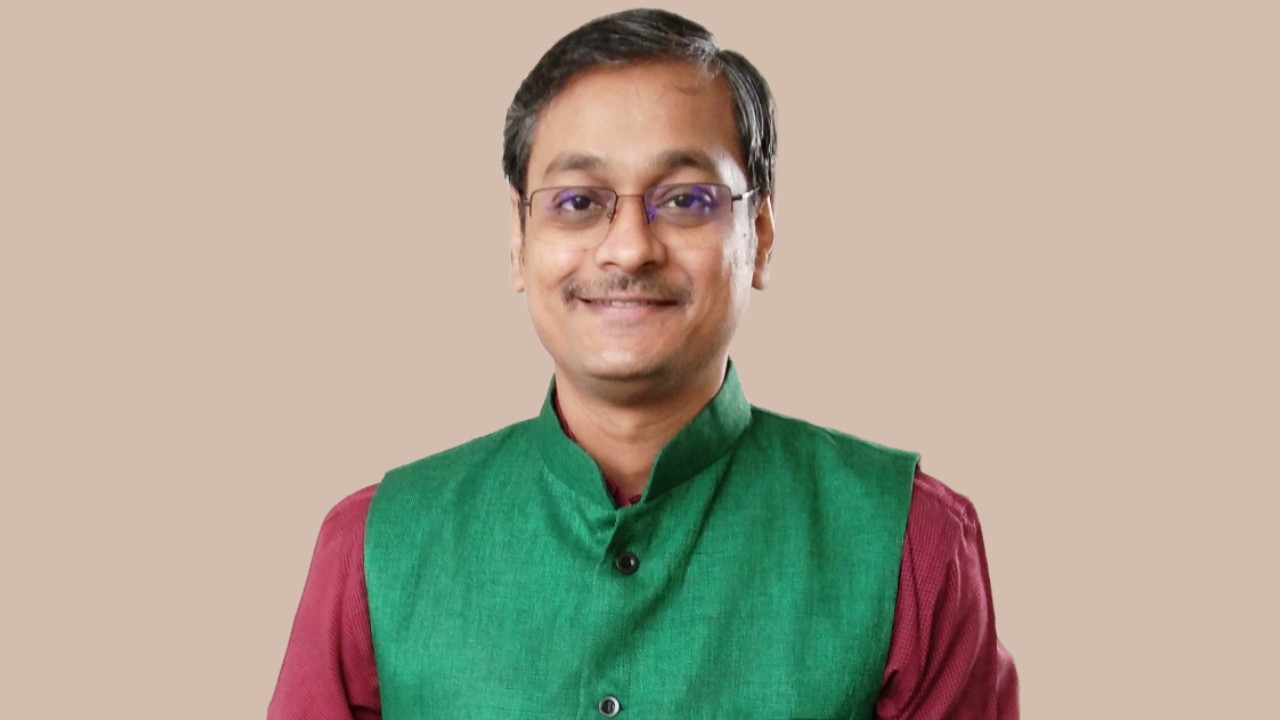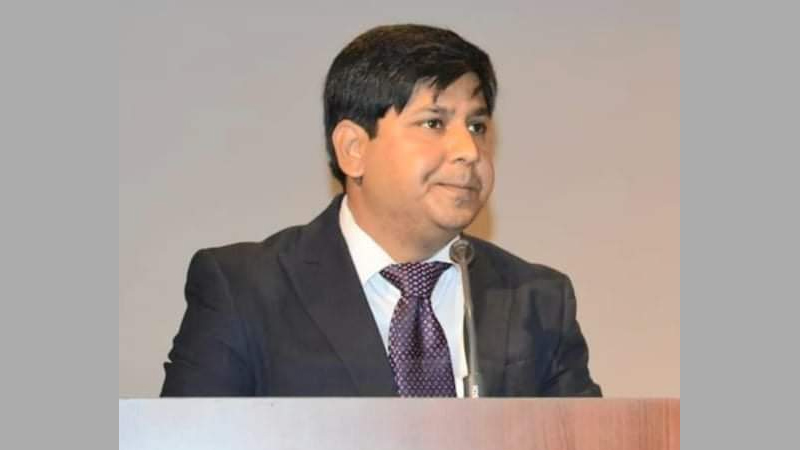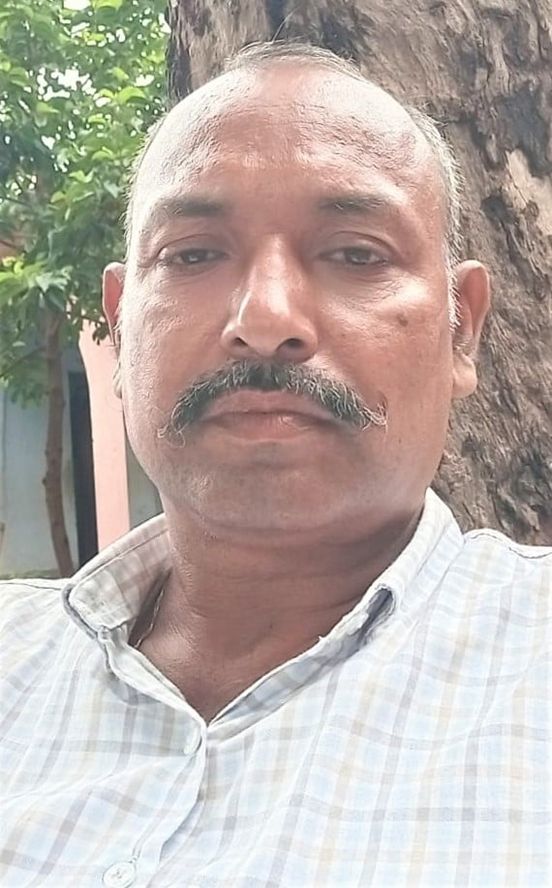Farming is more than a livelihood; it’s a symphony of labor, land, and legacy. From tilling soil to reaping crops, it sustains nations and cultures. Yet, its future hinges on sustainable practices and technological innovation to feed a growing world while preserving our planet’s delicate balance.
Kauser Indorewala, Co-founder of Biosis Plants Pvt. Ltd., embarked on his professional journey as a trained plastics engineer at Reliance Industries in Mumbai. Transitioning to agro-preneurship in the early 2000s, he founded Biosis in 2012, leveraging his extensive expertise in horticulture, particularly in capsicum, gerbera, and orchids.
In just a decade, Kauser has revolutionized Biosis into a cutting-edge tissue culture laboratory. Boasting a total annual production capacity exceeding 8 million plants, the facility spans over 10,000 square feet of sterile space. Equipped with precise temperature and humidity controls, along with separate inoculation rooms, it can handle up to 30,000 multiplications daily, thus mitigating the risk of cross-contamination.
In an exclusive conversation with The Interview World, Kauser Indorewala delves into his transition from plastic engineering to tissue culture, elaborating on his plant-breeding endeavors and emphasizing his fascination with orchids. Furthermore, he outlines his vision for empowering the farming community. Here, we distill the key insights from his interview.
Q: How did you discover the inspiration to transition from plastic engineering to plant tissue culture?
A: During my frequent visits to my uncle’s house in Mumbai, I observed his adept management of a plastic toy manufacturing business. His passion for entrepreneurship deeply inspired me. Subsequently, my father urged me to return to my hometown in Nasik and reside with family. Surprisingly, this turned out to be a blessing in disguise.
While under my uncle’s influence, I found myself unable to commit to any job, firmly believing in my entrepreneurial aspirations. The move to Nasik coincided with a growing demand for horticulture in the area, further fueling my ambition. This convergence of factors paved the way for the inception of Biosis.
Today, I take pride in declaring that Biosis ranks among the top 100 companies in tissue culture, holding certification from the Department of Biotechnology, Government of India.
Q: How extensive is your tissue culture program, and what specific varieties of plants are being developed within it?
A: Our company is dedicated to the cultivation of a diverse range of plants, including orchids, bananas, strawberries, cordylines, and grapes. These plants are sourced by farmers and subsequently planted in their fields to foster growth and sustainability. Notably, over the past five years, Biosis has forged partnerships with major agricultural entities like ITC, supplying them with high-quality banana plants. Presently, Nasik is renowned for its grape production. However, my current mission is to introduce and popularize orchid farming in this region. I aspire to inspire Nasik’s farmers to shift their focus from grape farming to the promising realm of orchid cultivation.
Q: What aspects of orchids spark your excitement and fascination?
A: I observe the profound struggles faced by grape farmers in Nasik, their toil beginning at the early hour of four in the morning. They meticulously harvest, load, and transport their yield, only to find themselves abandoned by traders who vanish without a trace, leaving them uncompensated and their year-long efforts in vain.
Conversely, orchids offer a beacon of hope, promising greater returns compared to grape farming. A mere acre of orchids can generate more profit than ten acres of grapes combined. Presently, Thailand holds the prestigious title of Asia’s leading orchid provider. Therefore, I advocate for India to dedicate 3,500 acres to orchid cultivation, aspiring to challenge Thailand’s dominance in the industry and secure a position of recognition in the hall of fame.
Q: What transformative changes do you envision for the farming community to enhance its sustainability, productivity, and resilience?
A: Since the inception of Biosis, our primary objective has been to foster a fair market environment for the farming community while enhancing the economic landscape of the agricultural sector. Through our continuous efforts, we have significantly bolstered India’s broader economic growth trajectory, and we are steadfast in our commitment to further propel the agriculture industry through translatory innovation.
I urge Indian farmers to diversify into horticulture and floriculture as these avenues offer superior returns compared to conventional crops. It’s essential to recognize that farming possesses the potential for competitiveness on par with any other business sector; however, unlocking this potential necessitates the formulation of sound policies and a genuine interest from farmers themselves to drive the expansion of the farm GDP and ensure a sustainable farming ecosystem in the country.


